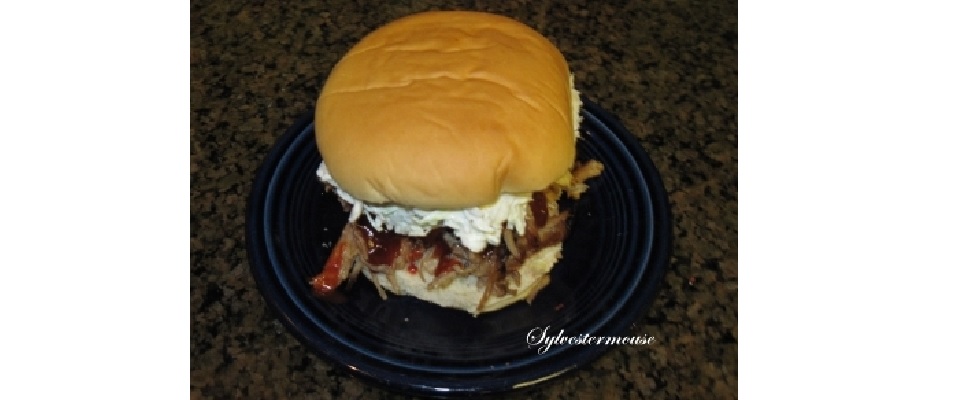How to Avoid Food Poisoning
 Food poisoning is never a welcome guest in any home! Avoiding it altogether is the best remedy, but you also need to know the symptoms of food poisoning. In this article, we will discuss both the preventive measures every cook should practice, as well as the symptoms for spotting it.
Food poisoning is never a welcome guest in any home! Avoiding it altogether is the best remedy, but you also need to know the symptoms of food poisoning. In this article, we will discuss both the preventive measures every cook should practice, as well as the symptoms for spotting it.
Some of these suggestions may sound like common sense, but they bear repeating. Below you will find examples of what even experienced cooks will do without even thinking. We all know, getting in too big of a hurry in the kitchen can lead to mistakes. Therefore, it is best to refresh our knowledge.
Let’s Start with the Tips for Avoiding Food Poisoning
- Wash your hands frequently. I have witnessed cooks wash and prepare meat, then turn to prepare the vegetables without washing their hands. This can cause cross contamination. Wash your hands often during meal preparation.
- Clean counters & cutting boards frequently when preparing food, especially if you are preparing meat, vegetables and/or fruit for the same meal. Cross contamination is often the cause of food poisoning and we may not even realize what happened. If you have the counter space, use a different counter for preparing raw meat. Be sure to properly clean your counter & cutting board when you are finished. Don’t just wipe it down with a damp or wet dishcloth.
- Clean your sink frequently. You may think rinsing the sink with hot water is enough, but it is not. Use a cleanser and properly clean the sinks, especially if you are washing poultry.
- Change kitchen towels frequently. Towels can harbor bacteria. If you dry your hands on a contaminated towel, then your hands become the carrier of that bacteria. If possible, I highly recommend using paper towels instead of a common area kitchen towel.
- Wash vegetables & fruit. We often think if we bring home a bag of potatoes or a carton of strawberries, there is no need to wash them. That is a false assumption and false assumptions often lead to food poisoning. Wash every vegetable and fruit. For potatoes, I recommend even using a vegetable scrubber to make sure you scrap off all of the dirt and debris left on the vegetable.
- Wash vegetable scrubbers, knives and other preparation utensils between uses. Don’t just leave them out to dry and then stick them back in a drawer. I recommend washing your vegetable scrubber in the dishwasher.
- Keep raw meats separate from other food. Specify a specific area in your refrigerator for raw meat. I have a pull-out tray in my 20+ year old refrigerator that is perfect for meat, but not all refrigerators have one. Select a shelf or drawer in your fridge just for raw meat exclusively. This also makes cleaning easier since this single area can be cleaned more often without feeling like you have to clean every shelf.
- Cook meats to the proper temps and times. A simple meat thermometer can make a world of difference to you and your families health.
- Put away leftovers without 1 hour.
Cleaning Kitchen Counters
Different types of kitchen counters have different recommend cleaning methods. I have granite counter tops and I keep a bottle of rubbing (isopropyl) alcohol in a spray bottle to clean my kitchen counter tops. Because rubbing alcohol kills most bacteria within a few seconds, it is my preferred kitchen counter top cleaner.
However, I also keep my spray bottle of vinegar handy! It can also be used on counter tops, and many other surfaces, to kill germs. I use it on my hardwood floors, my bathroom counters (which are not granite), tile, appliances, mirrors, etc. Vinegar can also be used to clean your fruits & vegetables and then rinsed off to remove the taste.
Symptoms of Food Poisoning
I always recommend seeking medical help to diagnose and treat food poisoning.
- Vomiting
- Nausea
- Cramps
- Diarrhea
Depending on the severity or bacteria ingested, you may also have the following symptoms.
- Blood in your stool
- Fever
- Chills
- Dehydration
- Fatigue
- Loss of Appetite





2 Comments
Wednesday Elf
Most excellent reminders of how best to avoid food poisoning. Better safe than sorry, as the saying goes. :)
Barbara
I’m so careful with food prep, or I do try to be, especially where meat is concerned. These tips are essential in my opinion. I probably over do it, but I’m all for safety.